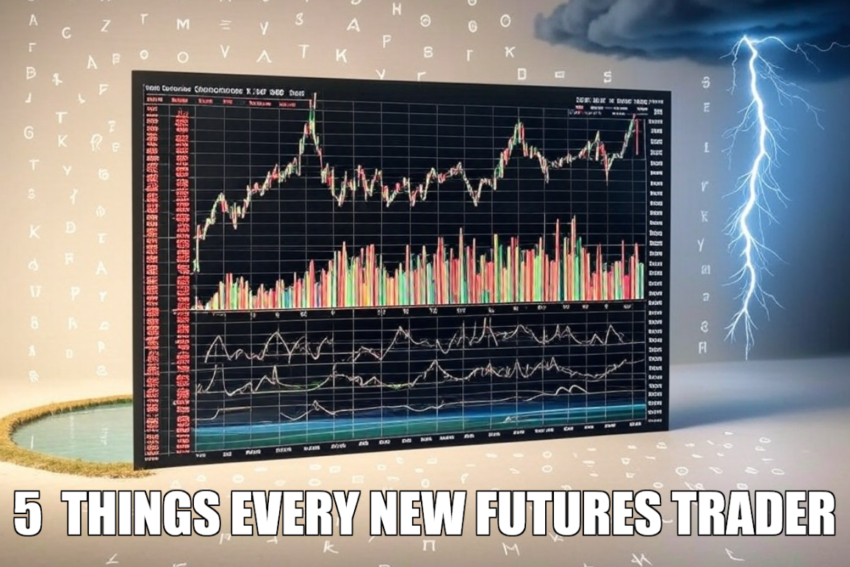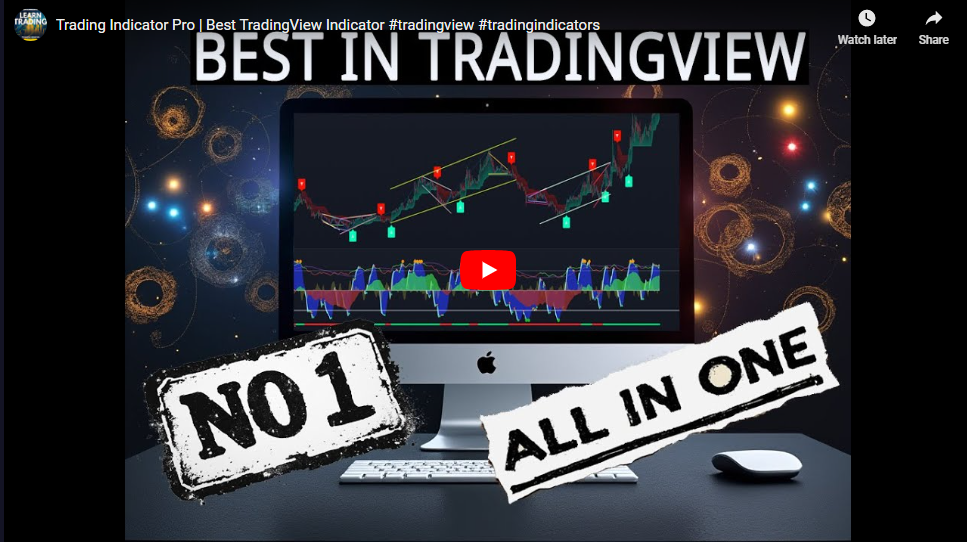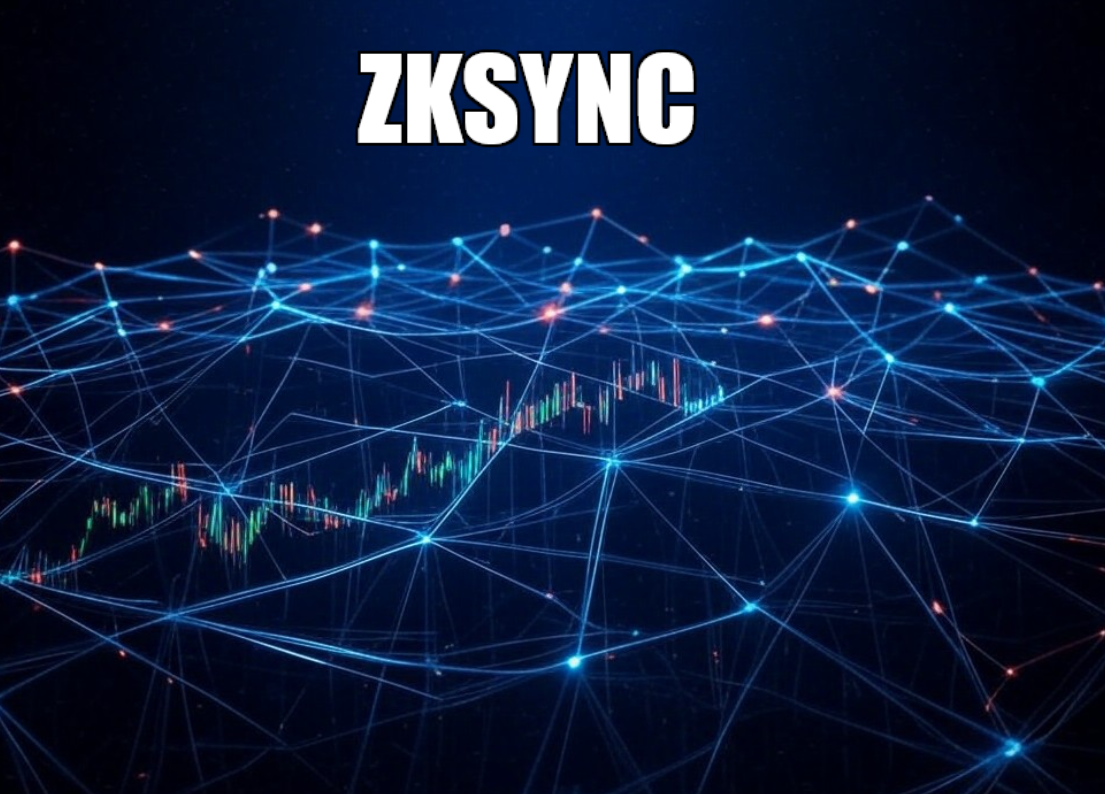Key Insights for Beginners: 5 Things Every New Futures Trader Must Know.
Step into futures trading with confidence by understanding these 5 things every new futures trader must know. Learn about leverage, risk management, market dynamics, and more to set yourself up for success.
AI TRADING SIGNALS SOFTWARE
LINK-https://tradingindicatorpro.com
WATCH VIDEO TUTORIAL
LINK-https://youtu.be/F96qBjBNeG0?si=vperuAD6P12ueRP9
-
What it is: Futures trading often involves leverage, meaning you can control a large amount of an asset with a relatively small amount of capital. This can significantly amplify both gains and losses.
-
The Risk: With leverage, even a small adverse market move can result in considerable losses.
-
Safe Practice: Start with lower leverage ratios, understand your broker’s margin requirements, and only use leverage that you’re comfortable managing. Remember, the goal isn’t just to maximize profit but to survive market downturns.
-
Position Sizing: Never risk more than a small percentage of your trading capital on a single trade. A common guideline is not to exceed 1-2% per trade.
-
Stop-Loss Orders: Use stop-loss orders to limit potential losses. This discipline can prevent a single bad trade from wiping out your trading account.
-
Diversification: Spread your risk across different markets or assets. This can help mitigate losses if one market performs poorly.
-
Technical Analysis: Learn how to read charts, understand indicators like Moving Averages, RSI, and MACD, and recognize patterns that suggest market movements.
-
Fundamental Analysis: Keep abreast of economic indicators, news events, and changes in market conditions that can affect futures prices. For commodities, this might include supply and demand reports; for financial futures, macroeconomic news.
-
Sentiment Analysis: Understand market sentiment through tools or by observing market behavior, which can sometimes be a leading indicator of price movements.
-
Emotional Control: Futures trading can be an emotional rollercoaster. Develop the discipline to stick to your trading plan, avoid revenge trading after losses, and not let fear or greed dictate your decisions.
-
Patience: Successful trading often requires waiting for the right setups rather than forcing trades.
-
Continuous Learning: The market evolves, and so should your knowledge. Regularly educate yourself through courses, books, or trading communities to refine your strategies.
-
Contract Specifications: Each futures contract has unique specifications regarding size, expiration, and settlement. Knowing these details is crucial for effective trading.
-
Expiration and Rollover: Understand how contracts expire and the implications of holding positions through expiration. You might need to roll over positions to a new contract if you don’t want to take delivery or settle.
-
Margin Calls: Be prepared for margin calls if the market moves against your positions. This means you might need to add funds to your account to maintain open positions.
-
Start Small: Use micro or mini contracts to get accustomed to the market dynamics without risking large amounts of capital.
-
Simulation Trading: Before going live, practice with a demo account to test strategies and understand market movements without financial risk.
-
Record Keeping: Document your trades, strategies, and outcomes. This journal can be invaluable for learning from past trades.
-
Stay Informed: Markets are influenced by global events. Regularly read market analyses, news, and reports to stay ahead.





